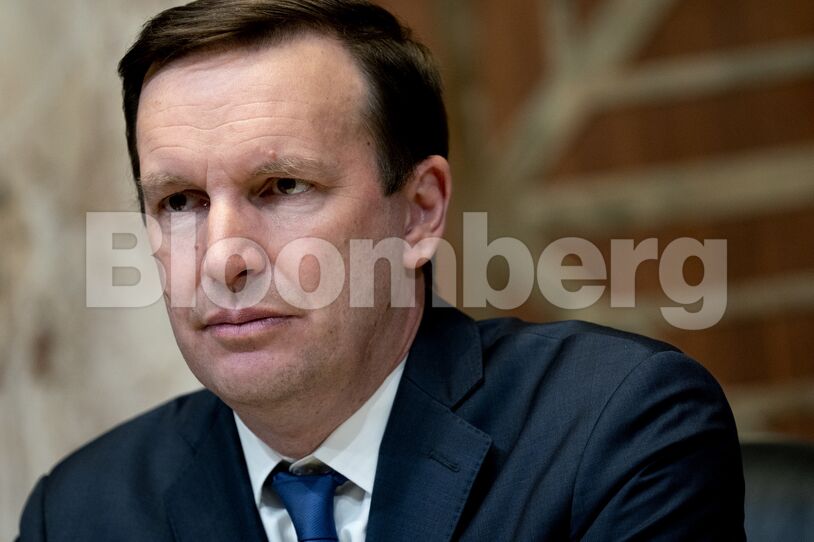“If this amendment passes it arguably makes the invasion of Ukraine more likely because it breaks the United States from Germany at a time when we have to be showing solidarity to Russia,” said Senator Chris Murphy, a Connecticut Democrat.
Plans for the Senate vote were the result of a deal struck between Senate Majority Leader Chuck Schumer and the bill’s Republican sponsor, Senator Ted Cruz of Texas, to clear the way for votes on dozens of Biden’s foreign policy nominees, including top positions at the State Department and at embassies around the world.
Cruz had been holding up the nominees after the White House last year waived congressionally mandated sanctions against the Nord Stream project as Biden sought to reset the U.S. relationship with Germany.
“I don’t like the idea of Nord Stream 2 but the idea of poking one of our absolutely most key allies in the eye at this moment in time seems to me more like theater,” said another Senate Democrat, Mark Warner of Virginia.
The Biden administration has said it expects that Germany and other European allies would join in blocking the opening of the pipeline if Russia invades Ukraine. Victoria Nuland, the under secretary of State for political affairs, and Amos Hochstein, a State Department adviser on energy security, briefed a group of undecided Senate Democrats at the Capitol on Monday, according to a person familiar with the matter.
The legislation requires 60 votes in the evenly split Senate to move forward. Murphy said that as more Democrats raise doubts, “My sense is the momentum is moving against the Cruz amendment.”
Cruz last year called the accord with Germany a “complete and total capitulation by President Biden to” Putin.
Schumer hasn’t set a timetable for a vote. Democratic Senator Robert Menendez of New Jersey, who is proposing an alternative that would make the sanctions contingent on Russia’s actions in Ukraine, said he expected Cruz’s measure would reach the floor later this week.
American and Russian diplomats have wrapped up a first round of security discussions in Geneva. The U.S. has warned that Russia would face massive penalties for any incursion into Ukraine. Actions that have been discussed include export controls, curbing Russia’s access to technology, and even cutting it out of the global system for financial payments.
The Biden administration waived sanctions on the project’s parent company Nord Stream 2 AG and its chief executive, Matthias Warnig, last year, citing national security reasons. The U.S. and Germany later announced an agreement that included a commitment from German officials to take action against the pipeline if Russia uses energy as a weapon against Ukraine.
Cruz’s legislation would limit the president’s ability to waive sanctions on the pipeline from Russia to Germany.
Share This:




 CDN NEWS |
CDN NEWS |  US NEWS
US NEWS 































